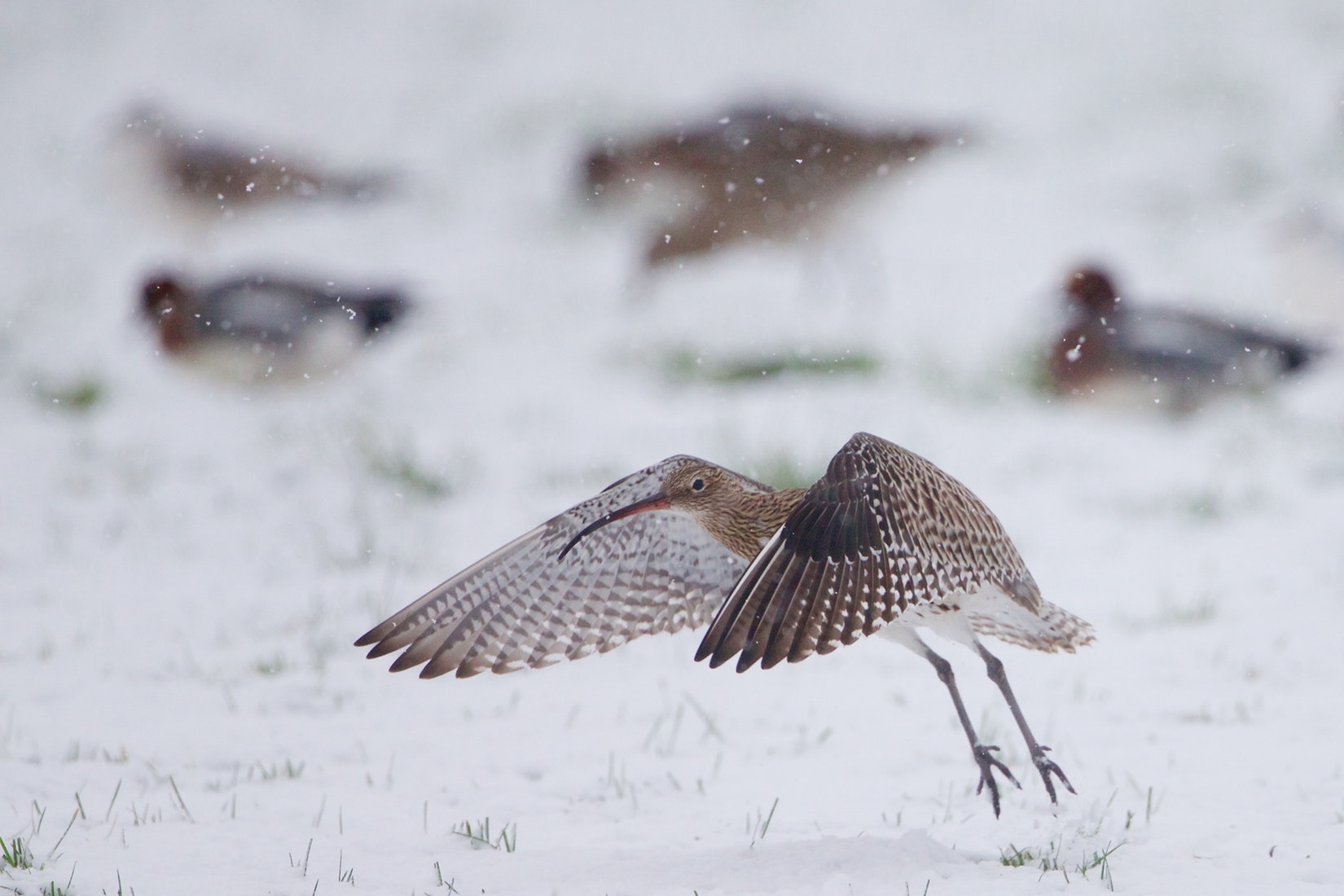11 Dec 2024

Tired Earth
By The Editorial Board

The government’s conservation watchdog has issued licences to destroy 170,000 wild birds, eggs and nests, including rare and declining species such as curlews and swifts, in the past five years.
Natural England has given permission to kill birds of more than 70 species, or have their nests and eggs destroyed. These include peregrine falcons, barn owls, buzzards and red kites, alongside garden favourites such as robins, blackbirds and blue tits. A licence was even issued to destroy a wrens’ nest to “preserve public safety” in South Yorkshire.
All wild birds and their nests are protected under wildlife laws but licences can be sought to kill wild birds and destroy nests if birds are found to be seriously damaging farming, fishing and forestry interests or endangering people’s health and safety.
The full scale of the legal slaughter of protected birds and the destruction of their nests and eggs over five years between 2014 and early 2019 can be revealed after freedom of information requests by the Guardian.
The most targeted species is the greylag goose, with licences issued to kill 67,586 individual geese or destroy their eggs or nests.
Reasons given under wildlife laws include damage to newly planted trees, damage to crops and on the grounds of “preserving public health”. One single licence for an unnamed applicant in Buckinghamshire permitted the destruction of up to 1,600 greylag goose eggs.
Cormorants were targeted by more licences than any other bird, with more than 2,000 licences issued – mainly to angling and fishing interests – to kill 12,033 birds.
Licences were issued in relation to 21,939 mallards over the five-year period and 16,052 herring gulls, a species which is in long-term decline. Between 2014 and 2018, Natural England also issued licences against 329 buzzards, 223 kestrels and 44 red kites.
In Wiltshire, a licence was issued to destroy 300 mute swans’ eggs to prevent “serious damage to growing timber”.
Licences were granted permitting the destruction of up to 854 curlews and their eggs or nests. This is a species which is almost extinct as a breeding bird in southern England. The majority of curlew licences were due to concerns that bird-strike risked causing accidents at airports.
Other species were the subject of killing licences, or it was permitted to have their eggs destroyed, on “public safety” or “public health” grounds. In 2014, a licence was issued to “kill, injure or take” four barn owls to “preserve public safety”. In 2015, up to four peregrine falcon eggs were allowed to be destroyed in Essex on “public safety” grounds.
According to officials, real “public safety” examples include a nest in a tree which needed to be felled immediately to protect the public and a nest in a school chimney that was at risk of collapsing. Health grounds include killing small birds or destroying nests if they are found in premises where food is prepared.
Some of the licences are issued to conservation charities which seek to control some protected species to protect others. Scientists also apply for licences when undertaking research.
Licensed methods of killing birds including swallows, house martins and goldfinches include shooting, trapping and destroying nests “by hand” as well as pricking eggs, or preventing them from hatching by coating them with an oil such as liquid paraffin.
Jason Endfield, a blogger and wildlife campaigner whose petition against the licensed killing of ravens has been signed by more than 100,000 people, said the scale of the killing was “absolutely shocking”.
He said: “One of my real concerns is whether Natural England follow up on these licences. The people who apply for these licences are supposed to report back but who is checking these things? It seems really badly organised.
“If there’s a genuine concern over air safety then obviously there has to be something in place when absolutely every other avenue [of non-lethal control] has been explored but issuing so many licences shows it has got completely out of hand.”
Natural England’s director of operations, James Diamond, said: “All wild birds are protected by law. However, for almost 40 years licences have been issued for bird control under the Wildlife and Countryside Act 1981 in certain circumstances, such as to protect the public.
“This could be where a bird is trapped in food preparation premises or is posing a threat of bird-strike at an airport.
“These licence applications are carefully considered by our experts – including our ornithologists where necessary – and are only granted when all other measures have been explored.
“The number of birds that may be killed is strictly limited and won’t harm the conservation status of any species.”
Natural England refused to reveal what proportion of licence applications it approved each year.
The broadcaster Chris Packham and wildlife campaigners Mark Avery and Ruth Tingay this month set up Wild Justice, a not-for-profit company to take public bodies to court for failing to protect wildlife. Avery called for Natural England to be more transparent and publish all its licences every year. “Why don’t they tell us what they’ve done each year, or are they ashamed of it?” he said.
Source : www.theguardian.com
Comment